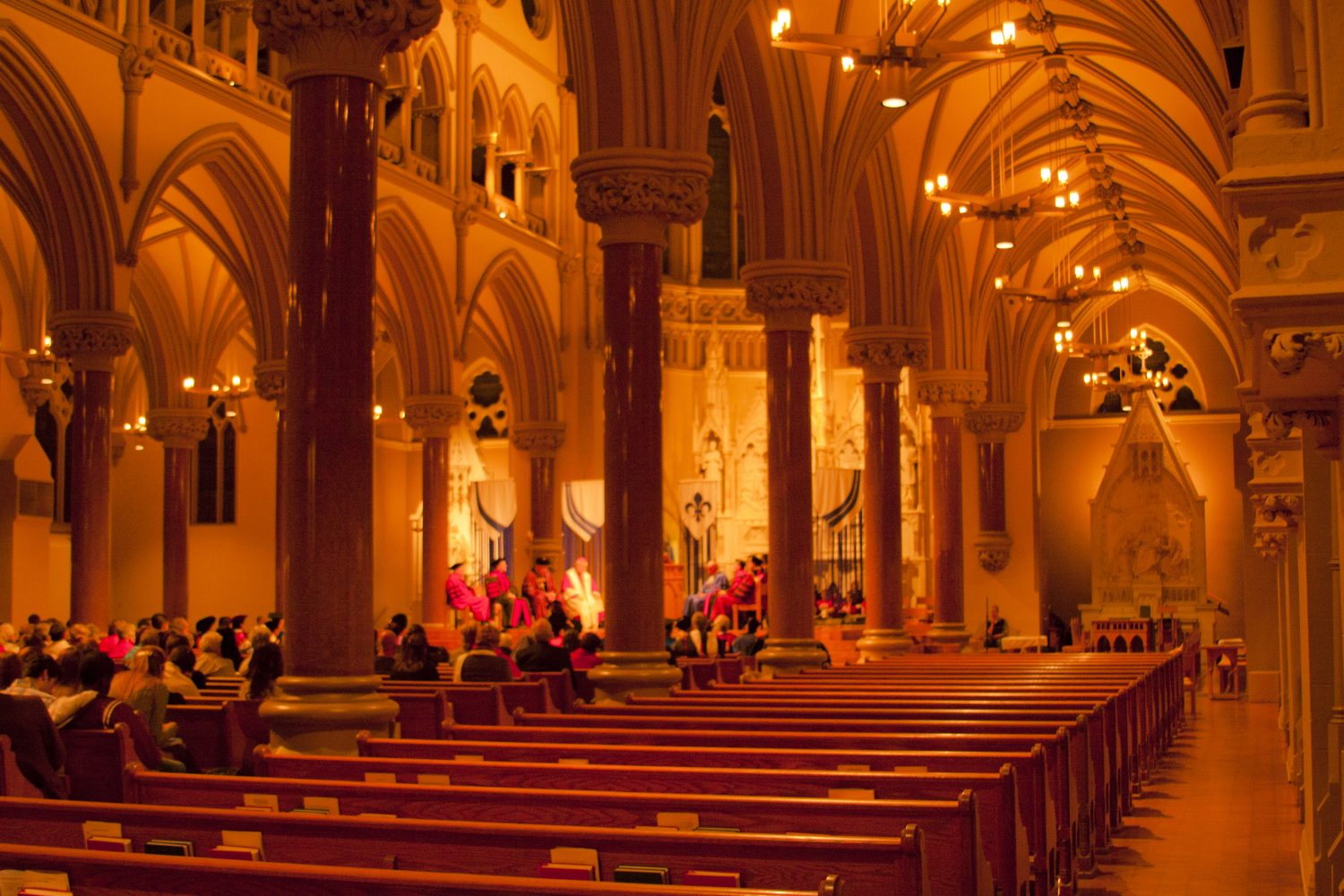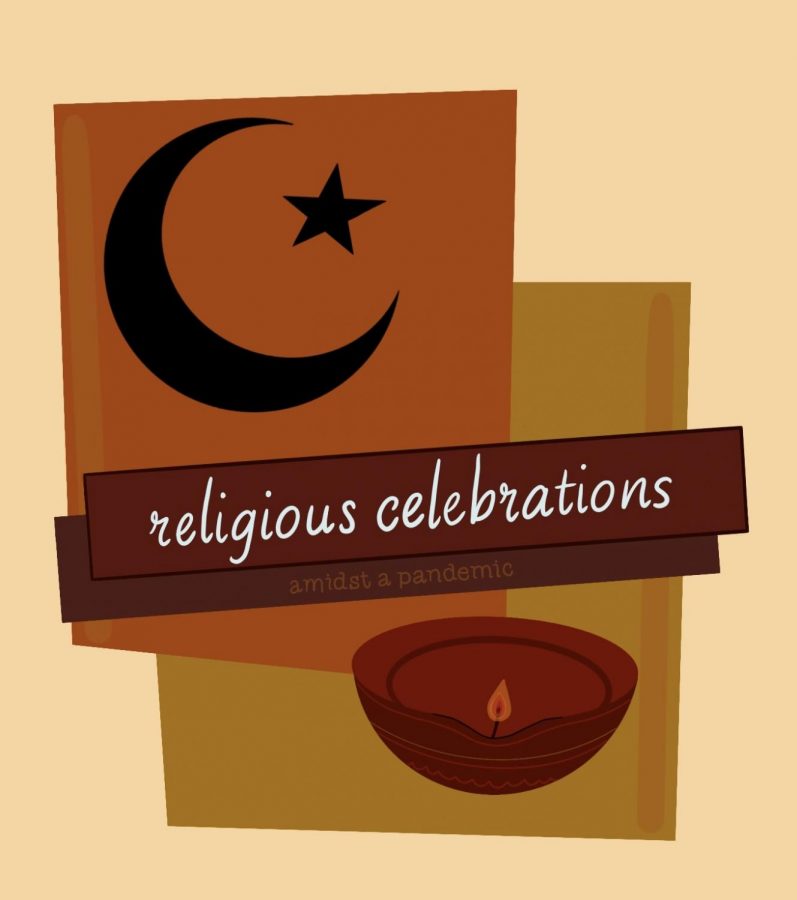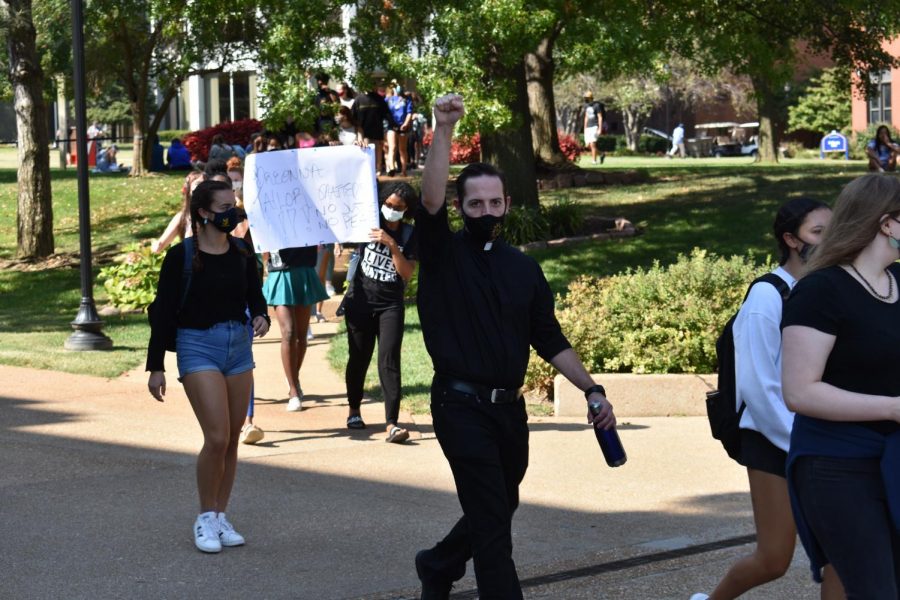Words like “consubstantial” and “oblation” are now a part of Roman Catholic liturgy under the “Third English Edition of the Roman Missal.” The book provides the prayers and actions that occur during Mass. These words and phrases are certainly not what we commonly hear in our day to day conversations, but they are becoming more recognized by English-speaking Catholics. All English-speaking Catholics began using a revised translation of the missal in 2011on the First Sunday of Advent. The date marks the beginning of the liturgical calendar used by the Church. A little over a year later, the translation continues to be under scrutiny, leaving some wondering why the changes were necessary in the first place.
Before the Second Vatican Council in the 1960s, Mass was celebrated in Latin. But in 1963, the council allowed for celebration of Mass in the vernacular of the people. The English translation committee (ICEL) spent six years translating all the prayers and songs from Latin into English for the “First English Edition of the Roman Missal.” However, many thought the translation was rushed, oversimplified and lacking a solemn nature. In 1975, the Church approved the “Second English Edition of the Roman Missal.”
This time, people argued that the translation contained too many contemporary expressions and lost much of the formality and richness of the original. In 2002, Pope John Paul II called for bishops and scholars to begin work on a third edition.
Because the words of the Mass express such complex ideas, it is a challenge to find the right words in English. New documents issued by the Vatican, primarily “Liturgiam Authenticam,” provide a set of rules and priorities for the committee to use when translating and editing the texts. This helps capture the meaning, form and poetry of the original Latin.
Yet, many still ask, why spend nearly 50 years translating something into English?
While it may seem silly or excessive to spend so long on a single work, the prayers and songs of the Mass are the primary way we Catholics take part in the celebration of the ritual and participate with the greater Church. The phrase “lex orandi, lex credenda” (the law of prayer is the law of belief) means that the words used in prayer influence beliefs should accurately capture the meaning. Put simply, words matter.
While some may argue that the newest translation is too formal or uses difficult vocabulary, I see it as an invitation to seek out why that particular word was chosen in order to convey a certain meaning. Instead of fumbling with the pew cards at Mass or struggling through new song compositions, take some time to learn about what you don’t understand. You might find that it can bring new perspective on your experience of Mass.







